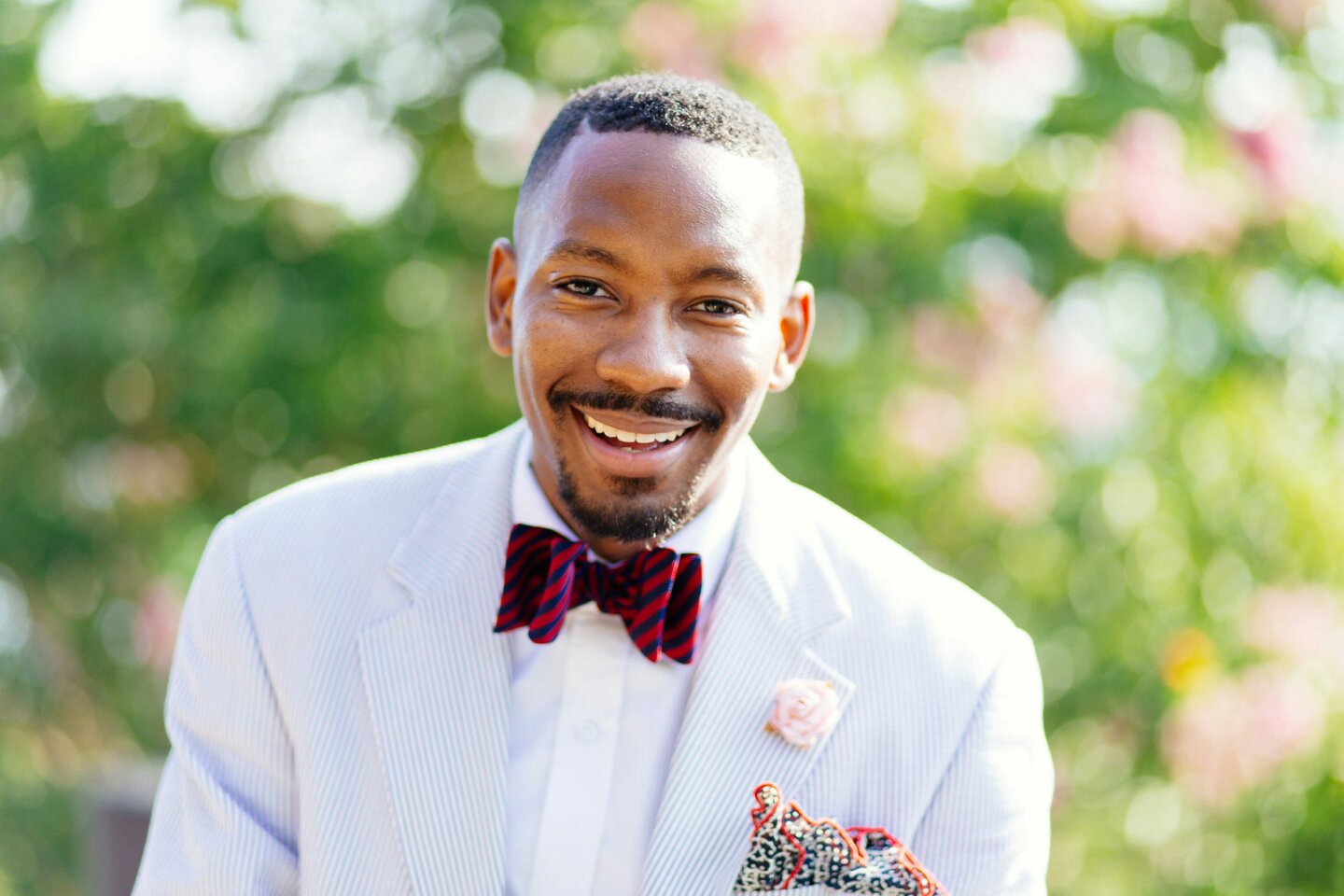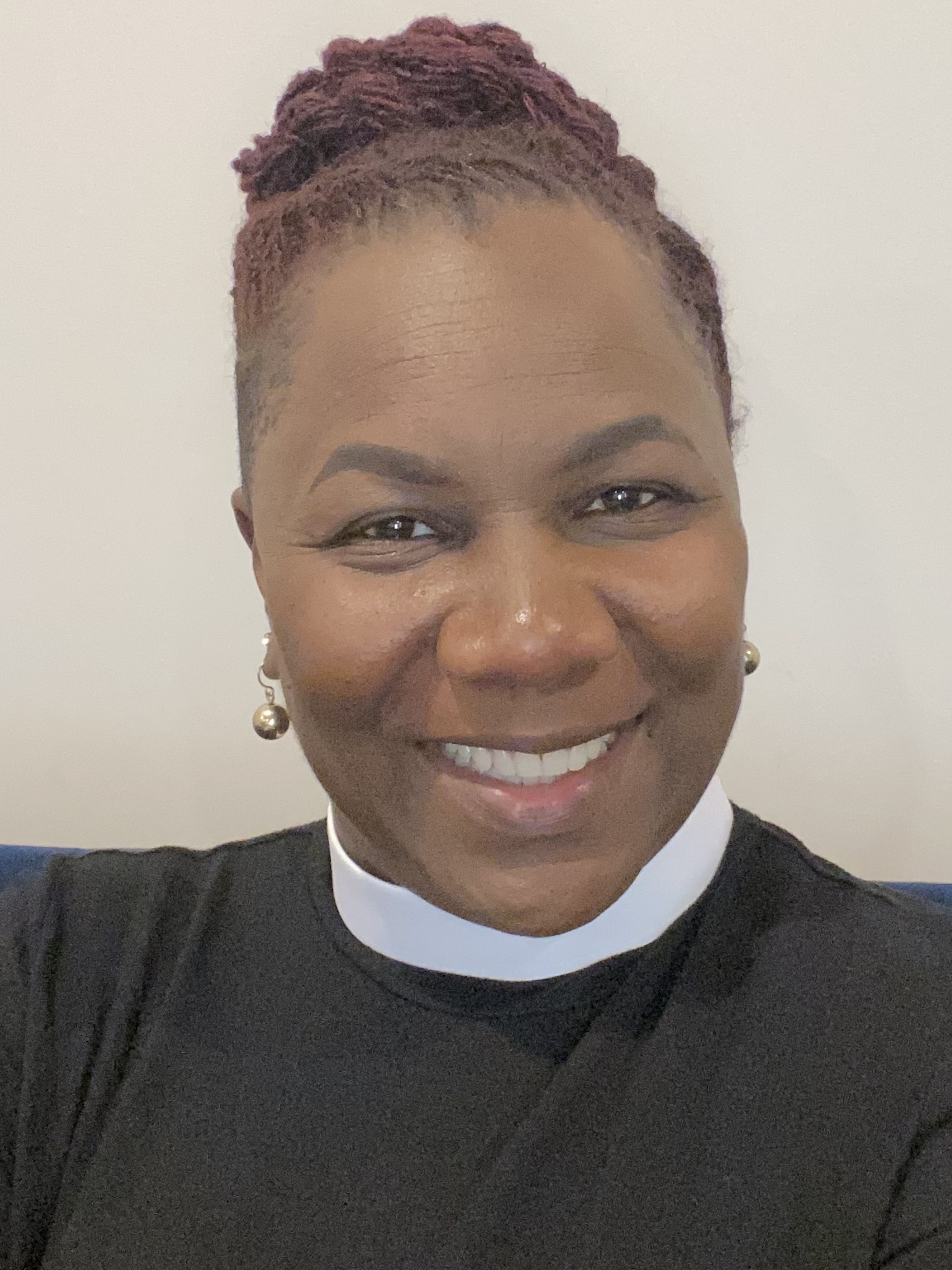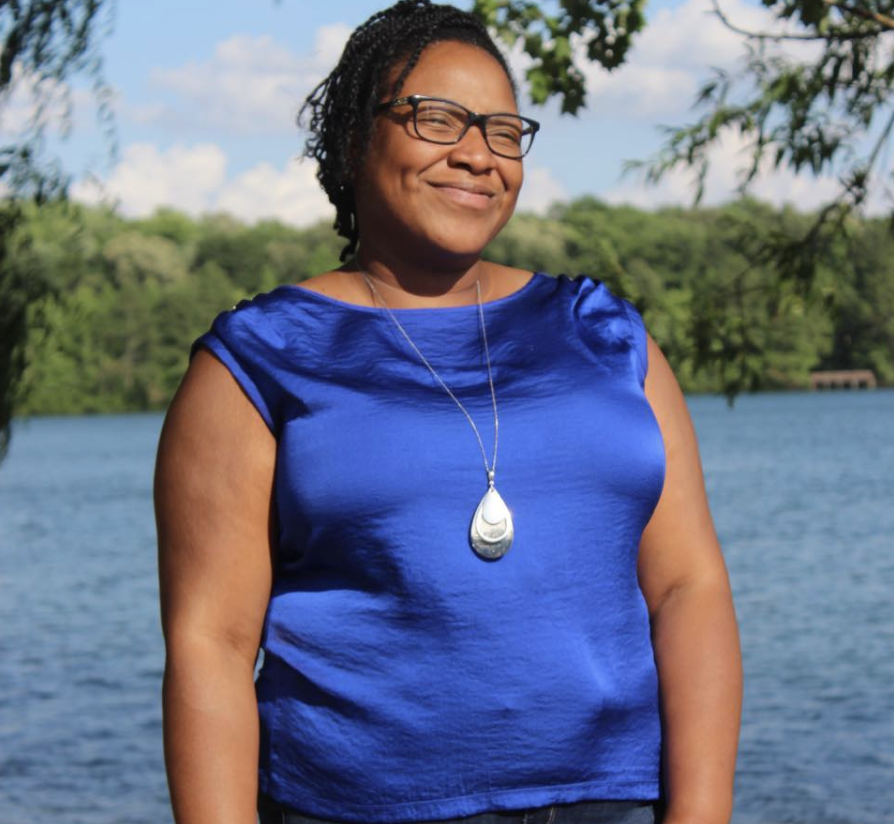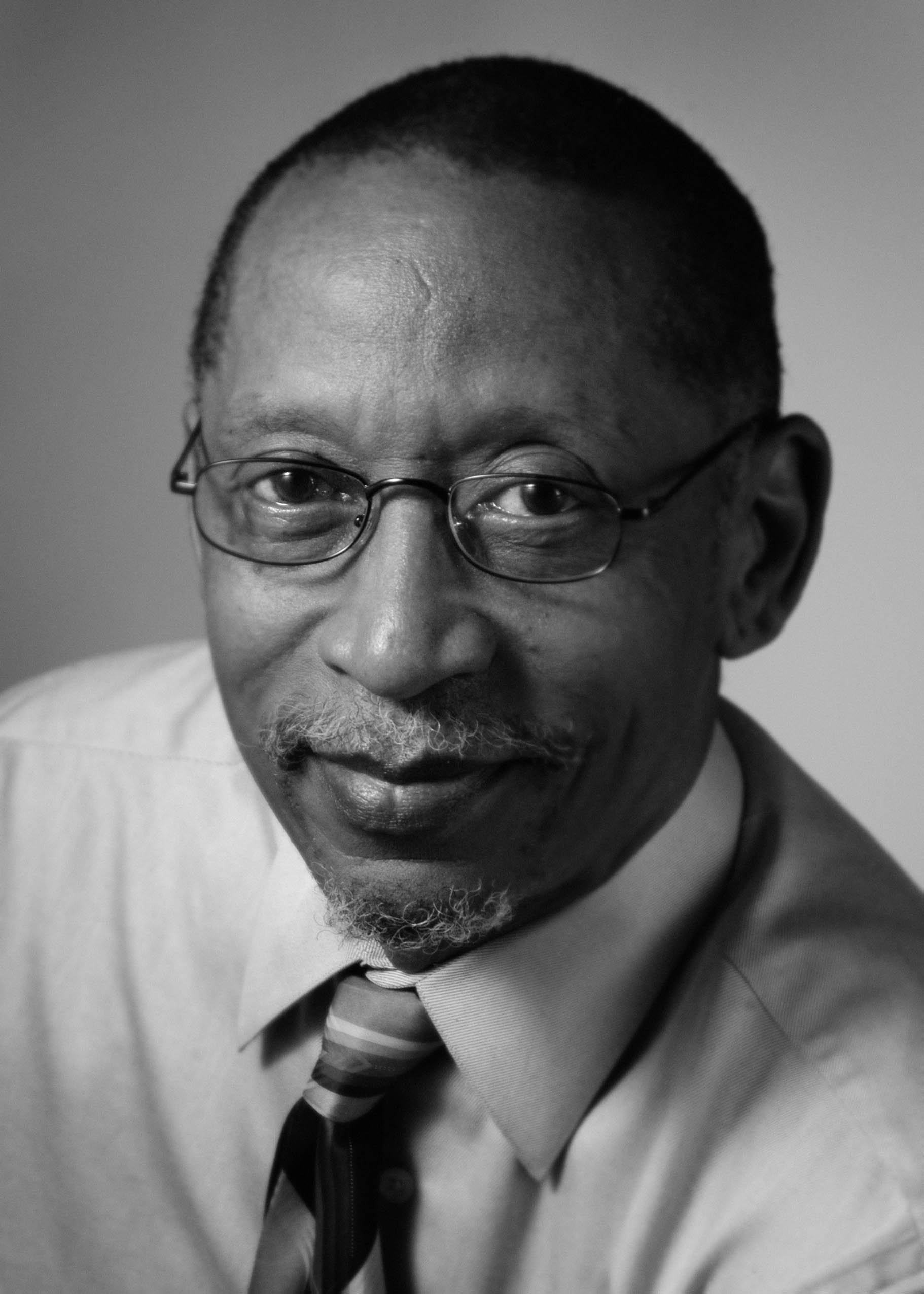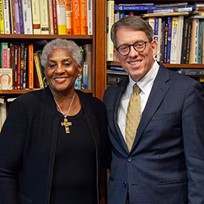By Quadricos Bernard Driskell, Columnist
President Donald Trump delivered one of the most important speeches in the infancy of his presidency on Thursday, July 6, 2017. It was billed as “Remarks to the People of Poland.” The nation-state populist, nationalistic ideology defining his presidency continues to be troubling. It suffers from unintelligent and irrational rhetoric (or propaganda) that doesn’t evoke a global and inclusive world with a shared vision.
Rather, the President’s obliquely bigoted resounding of nationalistic overtones further weakens America’s reputation abroad. He said “But today, we’re in the West and we have to say, there are dire threats to our security and to our way of life. You see what’s happening out there. There are threats. We will confront them.”
While some might understand who the “our” and “they” denoted in his speech are respectively intended to be, the question of identity goes far beyond matters of individual ideological divergences within a common culture. Consequently, it is important to note that “the West” is neither simply a geographic term nor only an ideological concept; rather, it most particularly is to mark a pattern of racial and religious identifications. Of course, being “Western” is not solely about race and, in some cases, only tangentially about religion, given geographic locations where many non-whites and non-Christians have been assimilated. However, the divisive language of “our,” “they,” and “the West” further compounds the reputation and the suspicion held by some that this presidency is one rooted in purest, tribalistic nationalism.
It is customary to link religion, race, and ethnicity to certain specific parts of the world. For instance, many people associate Christianity with Europe. However, America and other countries like Australia and New Zealand are largely Christian and white. This begs the question of whom the President is denoting when he refers to the West?
Is Latin America Western? Most of its people are Christian but by United States standards, they’re not clearly white. Is Russia a part of the West? Two weeks ago, the Prime Minister of India—the world’s largest democracy—Narendra Modi, visited the United States and the majority of his people believe in Hinduism. The President called the meetings “very productive” and declared that the relationship between the US and India has “never been better.” Is India a part of the West?
In a 2014 speech, chief strategist and senior counselor Steve Bannon outlined his vision of the world. It is now President Trump’s vision, noting “the long history of the Judeo-Christian West’s struggle against Islam” and “our forefathers” who “bequeathed to us the great institution that is the church of the West.” In his Poland speech, Trump noted: “The fundamental question of our time is whether the West has the will to survive.” The problematic presupposition of such a statement means that everyone who is non-white, non-Christian, and immigrant de facto is a threat to the West’s survival. Invoked over and over again, through the imposition of the “Muslim” travel ban, the excessive usage of the term “Islamic extremism,” and the cancellation of the White House Eid celebration, language, and associations like these serve to insinuate white, Christian, Western ideological supremacy.
Every president from George H.W. Bush to Barack Obama emphasized the agility of America’s political and economic principles. Their theses—democracy and capitalism are not uniquely “Western” and are not the property of any particular religion or race. They are the universal objective of all humankind.
President Trump started his speech by echoing moments of religious history referencing the election of Pope John Paul II, the first Polish pontiff ever (symbolizing an end of communist rule) and the first non-Italian pope in centuries. He stated, “Their message is as true today as ever. The people of Poland, the people of America, and the people of Europe still cry out, ‘We want God.’”
“We” may want God, but the moral insinuations are much to be desired as if to assert, the West politically and religiously transcends despotism. Arguably, the West depends on the non-democratic institutions from which we derive our values: family and faith. President Trump said, “We can have the largest economies and the most lethal weapons anywhere on Earth, but if we do not have strong families and strong values, then we will be weak and we will not survive.”
The concept of individual human rights remains the dominant political ideology of Western nations but nationalism isn’t the best way to achieve that. Too long the West has used family and faith to justify its callous deployment of military and political might, often at the expense of religious minorities and people of color. It is and has come to be an old, tried, and platitudinous script.
The Rev. Quardricos Bernard Driskell is a healthcare lobbyist with 10 years of government relations experience. He is a pastor and adjunct professor of religion and politics at the George Washington University Graduate School of Political Management. Follow him on Twitter @q_driskell4.

